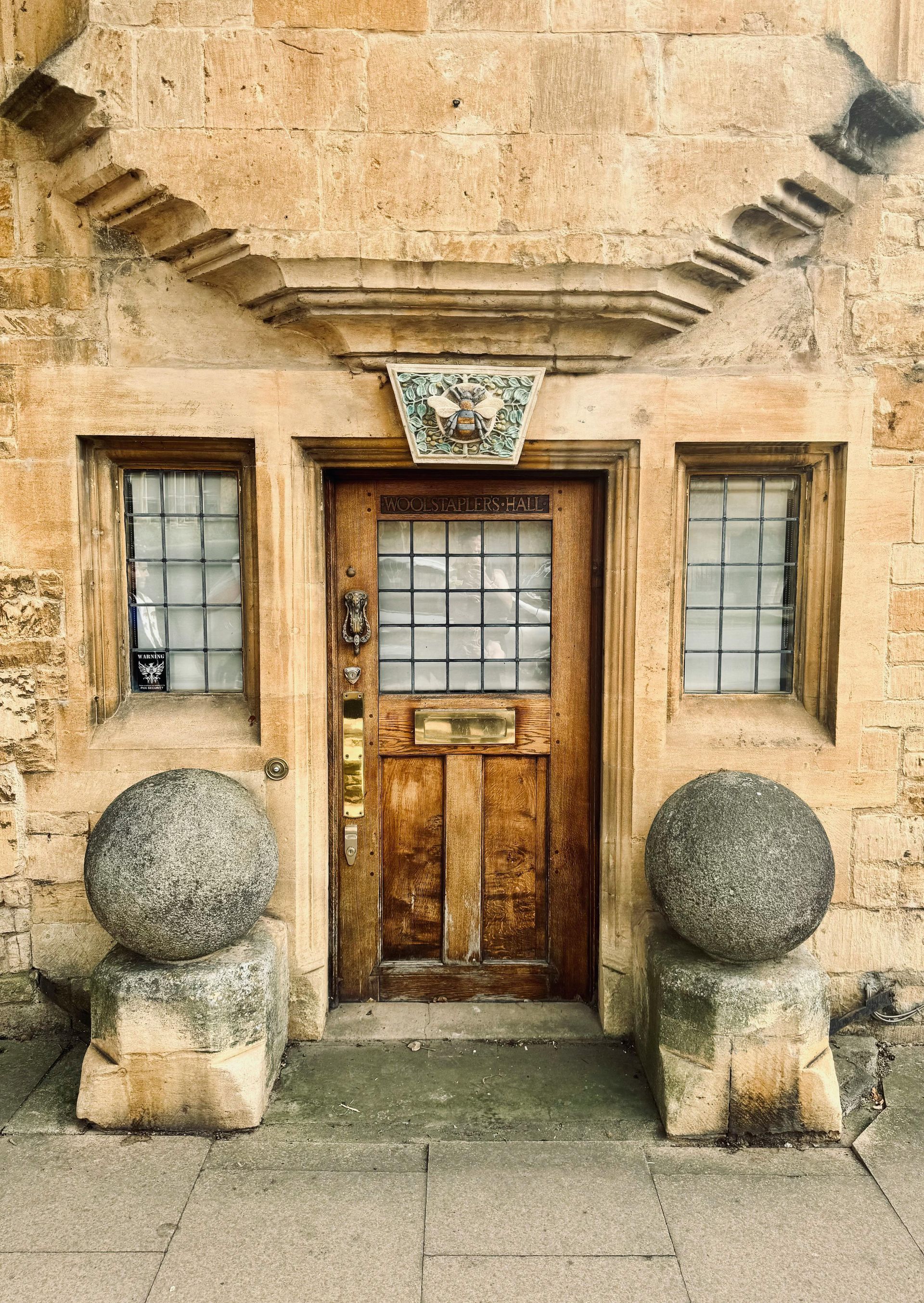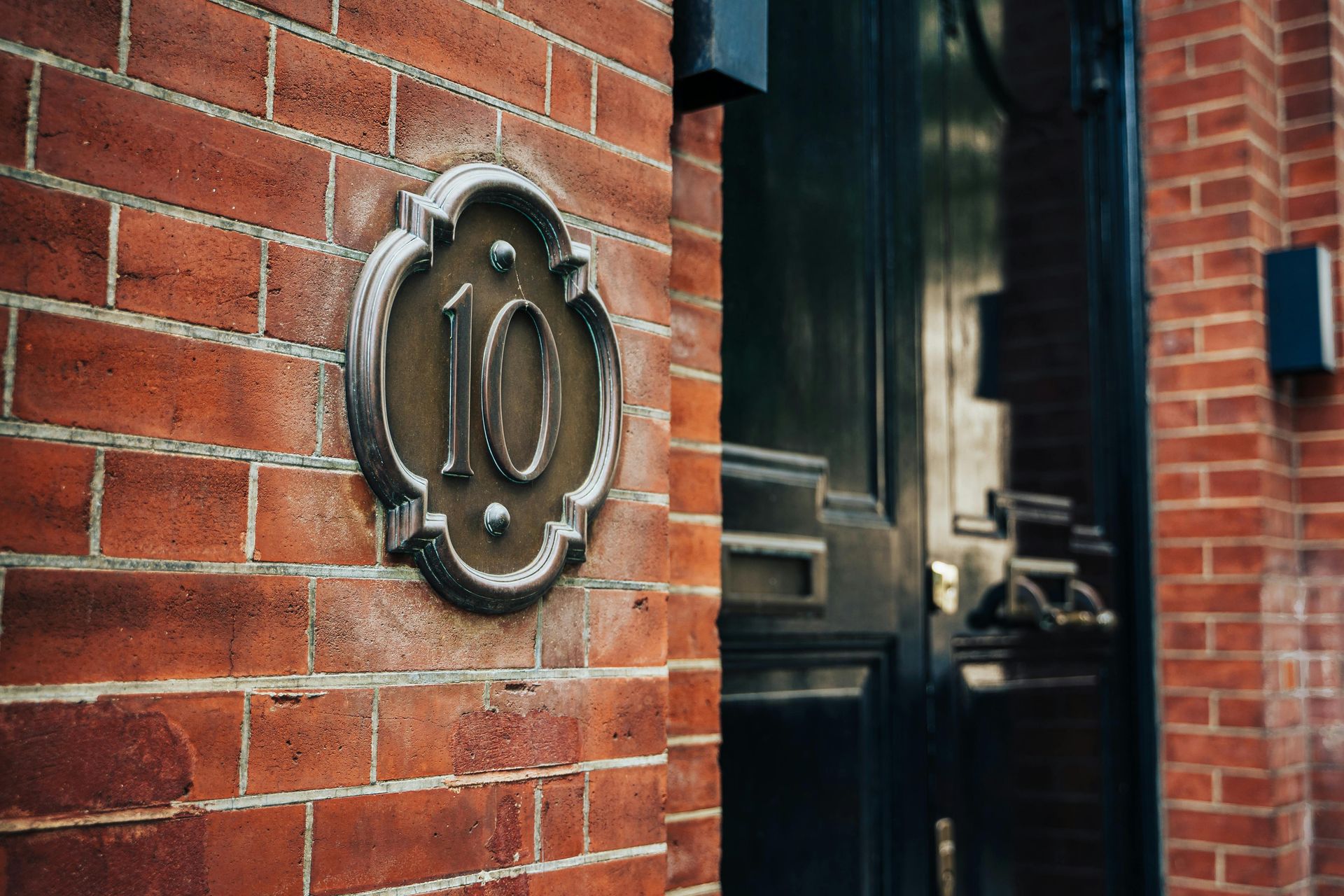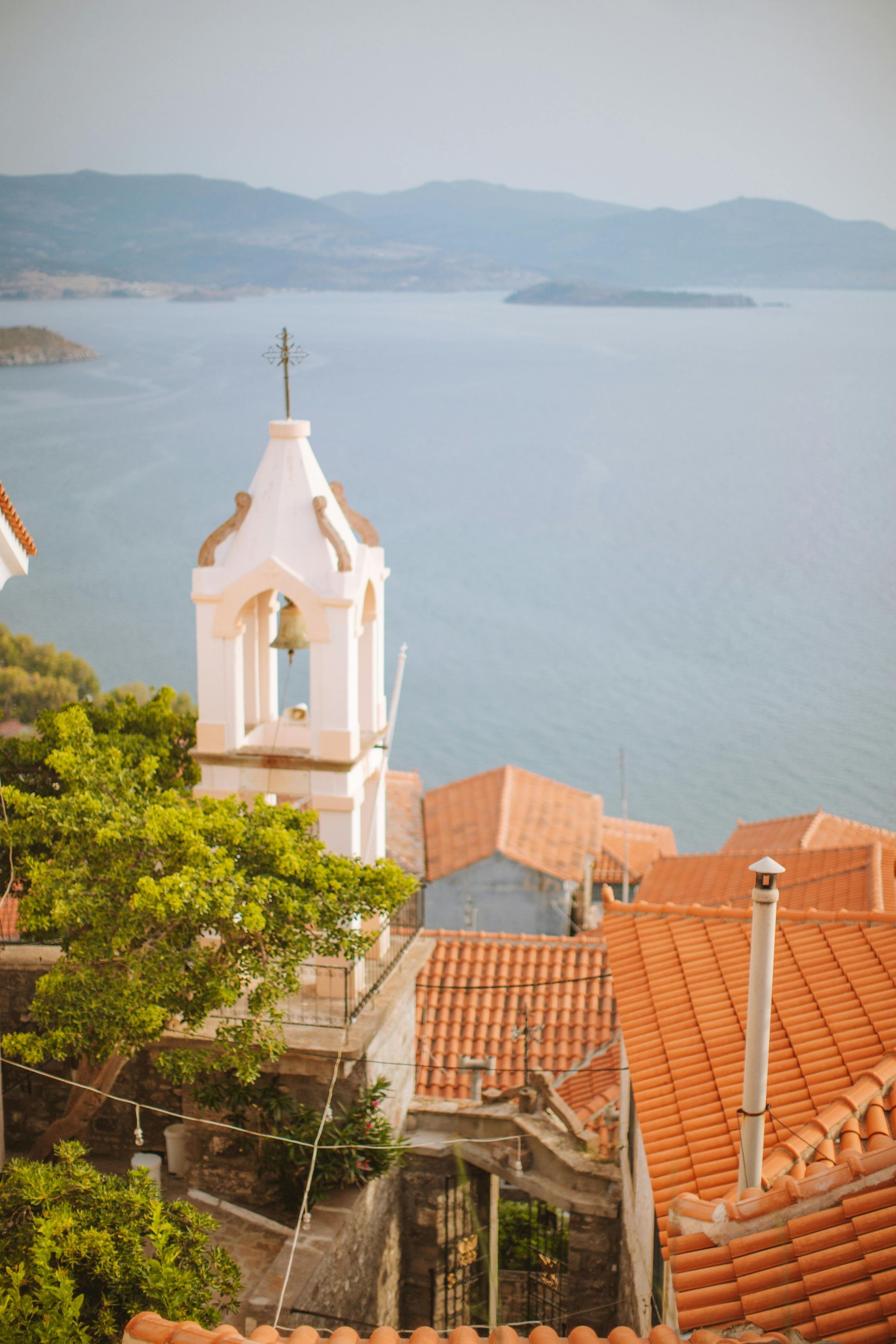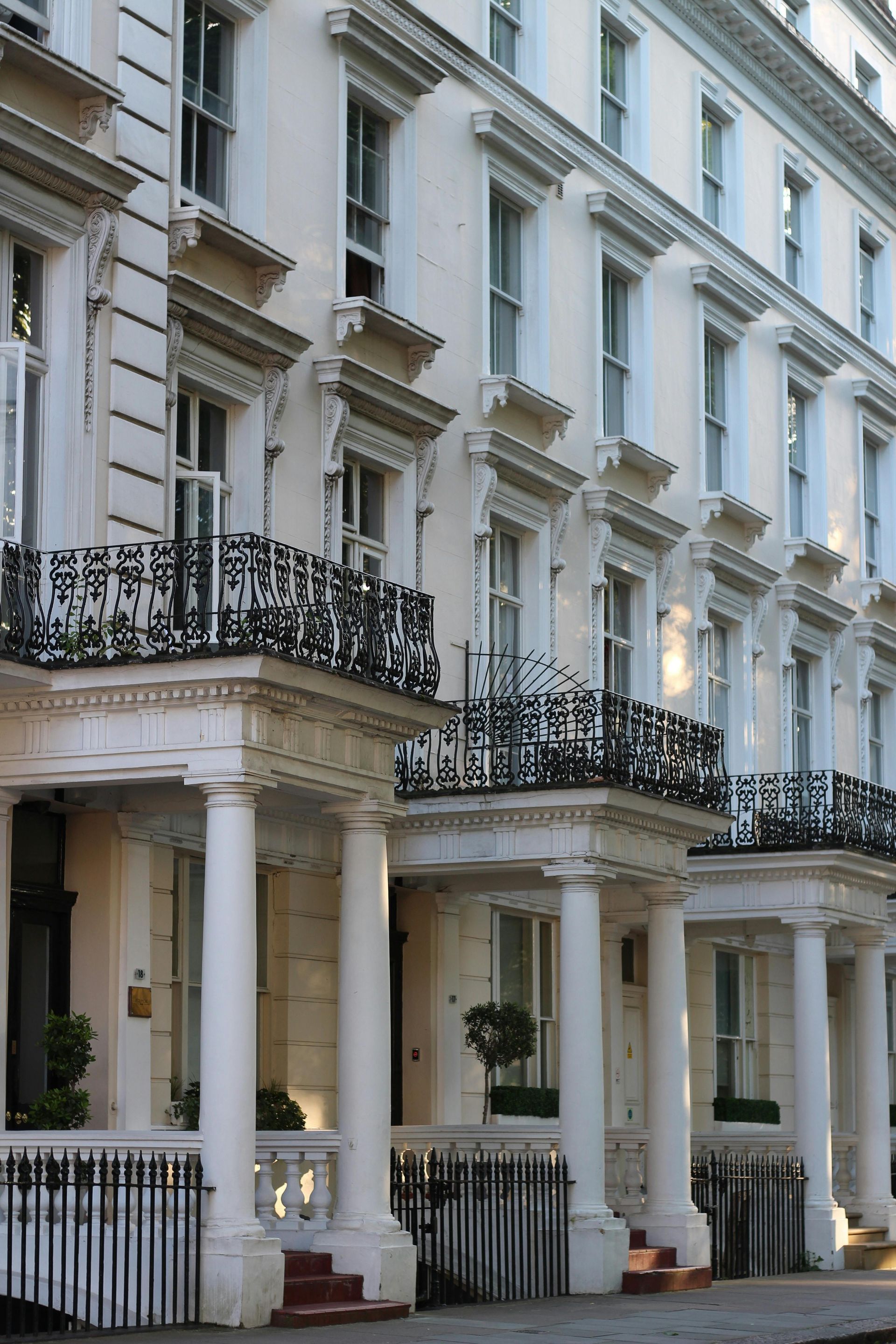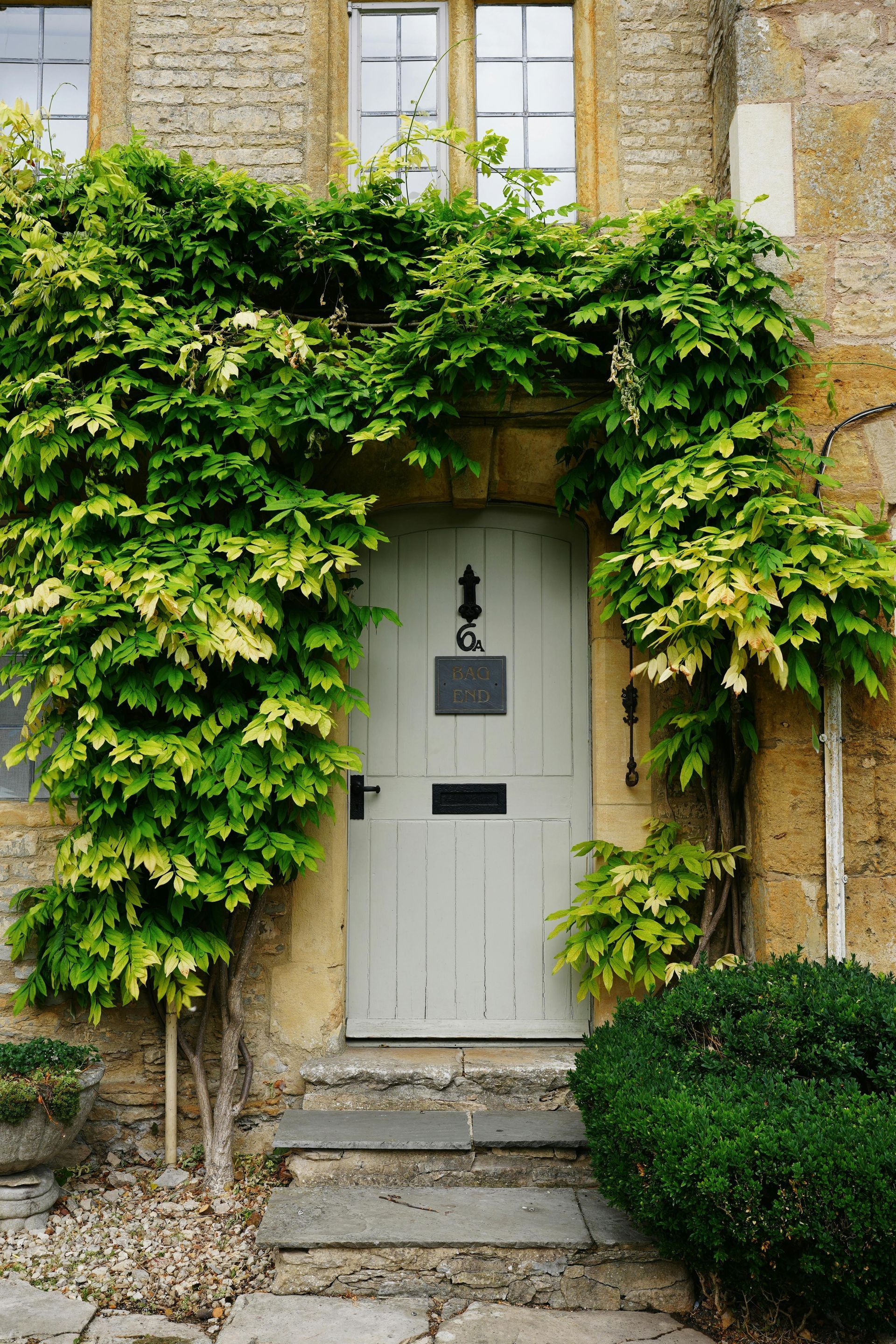Walk through the streets of Knightsbridge or Mayfair, and you’ll see the impact Qatari wealth has had on London’s property landscape. Over the last three decades, Qataris have become among the most influential international investors in Prime Central London (PCL). They are behind acquisitions ranging from discreet family townhouses to landmark commercial holdings, and their presence is both visible and enduring.
In 2025, with rising competition from global cities such as Paris, Dubai, and Singapore, it would be easy to assume that London’s draw might be fading. Yet the reality is different. Qatari families and institutions continue to favour London, seeing it not just as a property market but as part of their family strategy, their wealth planning, and even their legacy. This article examines why Qatari buyers remain so deeply committed to London, how their purchasing and financing strategies are evolving, and what this means for the property market today.
A Legacy of Ownership
Qatari ownership in London is built on continuity rather than fashion. Families who acquired properties in Belgravia or Chelsea in the 1990s and 2000s rarely sell; instead, these assets are transferred within the family or repositioned within trusts and corporate vehicles. Unlike newer international buyers, who may enter the market to test opportunities or diversify away from their home country, Qataris generally treat London as an integral part of their global portfolio.
It is common to see second- and even third-generation ownership. A townhouse acquired by a father in the 1990s may today be used by his grandchildren studying at British universities, while also serving as a long-term store of value. The combination of prestige, security, and familiarity makes Prime Central London unique. Unlike speculative markets, where ownership is measured in short cycles, Qatari families typically hold for decades.
Education and Family Connections
Education is one of the strongest drivers of Qatari investment in London property. Families frequently purchase homes to support children attending British schools and universities. Apartments in South Kensington, Hampstead, and St John’s Wood are acquired not as speculative rentals but as practical residences for children during their studies. Once the educational chapter concludes, these properties often remain within the family, let on a long-term basis, or repurposed as bases for future visits.
This education-linked strategy has been a consistent theme in our advisory work. For instance, in our blog on
navigating French property finance as a Brit, we examined how families often purchase property to anchor a lifestyle abroad. Qatari buyers demonstrate the same logic in the UK: property is not only a financial asset but also a tool for ensuring continuity and comfort for the next generation.
Why London Still Matters in 2025
Even in a competitive global property environment, London retains qualities that Qatari buyers value highly. The UK’s legal system is a central draw. Clear ownership rights, strong contract enforcement, and the stability of English law create confidence in transactions that cannot always be guaranteed in emerging markets.
Political stability, while occasionally tested, still compares favourably to many alternative investment destinations. For high-value families seeking certainty, the UK offers reassurance that wealth invested in property will remain secure.
Currency plays an equally critical role. Because the Qatari Riyal is pegged to the U.S. dollar, fluctuations in sterling create windows of opportunity. When the pound weakens, Qatari buyers enjoy increased purchasing power. This tactic of buying during currency dips has been evident in recent years and mirrors some of the dynamics we analysed in
currency risk and foreign income verification. For Qataris, timing is not incidental; it is a deliberate part of their acquisition strategy.
Property Preferences: What Qataris Buy
The typical Qatari acquisition differs from other international groups. Americans, for example, are often attracted to countryside estates or modern riverside apartments. Qatari buyers, by contrast, focus strongly on established Prime Central London areas. Knightsbridge and Mayfair remain the most prestigious, with Belgravia and Chelsea close behind.
The properties themselves are usually substantial townhouses, lateral apartments with concierge services, or landmark residences with historic character. Increasingly, we are also seeing Qatari involvement in development projects — either as outright acquisitions of boutique hotel or refurbishment sites, or as capital partners in joint ventures. These are not short-term speculative flips but long-horizon projects aligned with family wealth strategies. The same themes were evident in our discussion of
financing mixed-use luxury developments, where Qatari interest has become a notable force.
Financing and Leverage
Although many families could comfortably purchase in cash, financing is frequently deployed for strategic reasons. Mortgages and securities-backed loans allow families to avoid tying up liquidity, freeing capital for other ventures. Private banks, in particular, are adept at structuring facilities that blend traditional mortgages with asset-based lending against investment portfolios.
Sharia-compliant finance is especially relevant for Qatari buyers. Traditional mortgages are often eschewed in favour of Ijara, Murabaha, or diminishing Musharaka structures, which allow families to remain in line with Islamic principles while still accessing credit. These arrangements are becoming increasingly mainstream, as we highlighted in our guide to
Sharia-compliant UK mortgages. In practice, families frequently blend conventional and Islamic products, depending on the asset, the lender, and the broader family office strategy.
Structuring Through Family Offices and Trusts
Few Qatari acquisitions are straightforward purchases in personal names. More often, properties are acquired through offshore companies, trusts, or other vehicles that facilitate both inheritance planning and tax efficiency. Family offices, often operating from Doha, the DIFC, or European hubs such as Jersey and Guernsey, coordinate these arrangements.
From a lending perspective, this requires specialist expertise. Not all lenders are comfortable with offshore structures, and those that are may impose different requirements. Our dedicated piece on
lending to offshore trusts explores these complexities in detail. For Qatari buyers, the structuring is as important as the acquisition itself, because it ensures the property fits seamlessly into the family’s wider wealth plan.
Intergenerational Wealth and Estate Planning
Perhaps the most defining feature of Qatari buying behaviour is its intergenerational nature. Properties are purchased not only for current use but also for heirs and successors. A family may acquire multiple properties simultaneously: one to house children during studies, another as a long-term investment, and a third as a generational asset within a trust.
This approach connects property finance directly to estate planning. It is why many Qatari families work with advisers who can integrate mortgages with inheritance strategies, as discussed in our article on
the overlooked role of property finance in estate planning. For these buyers, London is not a market to be entered lightly; it is a cornerstone of how family wealth is sustained and transferred.
Emerging Trends in 2025
While London remains the anchor, diversification is underway. Families are beginning to acquire in Oxford and Cambridge, reflecting the strong educational pull of those cities. Some are exploring estates in Surrey and Berkshire, particularly where land and privacy are priorities. We also see a growing willingness to participate in joint venture developments, echoing patterns we described in
joint venture property finance.
At the same time, tax reforms are driving change. Adjustments to inheritance tax and non-dom rules are reshaping how acquisitions are structured. While these may alter the mechanics of ownership, they have not diminished appetite. For most Qatari families, London’s combination of heritage, prestige, and legal certainty outweighs additional layers of planning.
How Willow Private Finance Helps
At Willow Private Finance, our role is to bridge these complexities. We have extensive experience working with Qatari families, structuring property finance that aligns with family office requirements, Sharia-compliant preferences, and offshore structures. Our relationships with private banks and specialist lenders mean we can secure facilities that are not only competitive but also appropriate for the long-term objectives of the family.
We frequently coordinate with tax and legal advisers, ensuring mortgages and securities-backed lending dovetail with inheritance planning and broader wealth strategies. For Qatari clients, financing is never just about rates; it is about fit, discretion, and integration. That is why Willow has become a trusted partner for families seeking seamless solutions in high-value transactions.
Conclusion
Qatari buyers are not speculative participants in the London property market. They are custodians, continuing a tradition of ownership that stretches across decades and generations. Their focus on family, faith, and legacy distinguishes them from newer international entrants. In 2025, London still matters deeply to Qatari buyers because it offers stability, opportunity, and prestige in a way no other city can match.
While global headlines may shift towards new markets and emerging buyer groups, the influence of Qataris in Prime Central London remains quietly decisive. For them, the city is not merely a location — it is an extension of family strategy and a cornerstone of generational wealth.
Frequently Asked Questions
Why do Qatari families continue to target Prime Central London (PCL)?
Because London offers a unique blend of prestige, legal security, and intergenerational strategy: families see PCL not as speculative real estate, but as a durable component of their global wealth plan.
Willow Private Finance
What role does legacy of ownership play in Qatari interest in London?
Many properties bought decades ago are passed down rather than sold, creating multi-generation holdings and reinforcing the preference for stable, iconic postcodes.
Willow Private Finance
How does education influence Qatari investment in PCL?
Families often purchase homes near top schools and universities as residences while children study — then retain or rent those properties as long-term assets.
Willow Private Finance
How do currency dynamics and the Riyal–Pound relationship affect timing of purchases?
Because the Qatari Riyal is pegged to the U.S. dollar, fluctuations in sterling allow tactical entry points: a weaker pound effectively grants greater buying power.
Willow Private Finance
What types of properties do Qatari buyers typically prefer in PCL?
They often acquire large townhouses, lateral apartments, historically significant homes or boutique projects — not just modern flats — emphasizing luxury, scale and character.
Willow Private Finance
Why is financing used, even when wealth could support cash purchases?
Strategic use of mortgages or securities-backed lending preserves liquidity for other investments; also, Sharia-compliant structures allow alignment with religious principles while accessing leverage.
Willow Private Finance+1
How does structure (offshore, family offices, trusts) integrate with these acquisitions?
Most Qatari purchases are done via offshore vehicles, trusts or corporate entities managed by family offices — helping with tax, inheritance planning, and continuity.
Willow Private Finance
📞 Want Help Structuring UK Property Finance?
Whether you are a Qatari buyer considering a family purchase, an investment, or a Sharia-compliant finance solution, Willow Private Finance can help.


